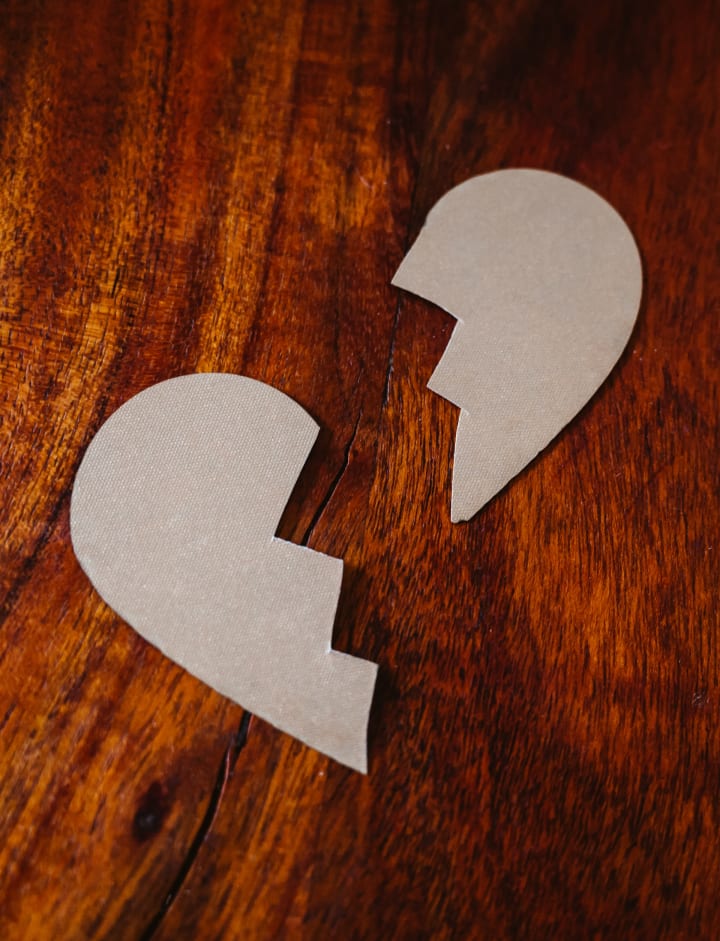
How EGO Kills Human Relationships
Article Outline
1. Introduction
2. Understanding Ego: Definition and Significance
- Defining Ego
- The Place of Ego in Relationships
3. The Negative Impact of Ego on Human Relationships
- Lack of Knowledge and Kindness
- Communication Failure’s
- Difficulty in Resolving Conflicts
4. Ego-Based Behaviors that Harm Relationships
- Blaming and Defensiveness
- Need for Control and Dominance
- Inability to Apologize or Forgive
5. Overcoming Ego for Healthy Relationships
- Preparing Self-Awareness
- Practicing Empathy and Compassion
- Effective Communication Techniques
6. The Power of Letting Go of Ego
7. Conclusion
How EGO Kills Human Relationships

Ego is a powerful force that influences our thoughts, behaviors, and interactions with others. In the context of human relationships, ego can be a destructive force that hinders connection, understanding, and love. This article explores the detrimental effects of ego on human relationships and provides insights into overcoming it for healthier and more fulfilling connections.
Understanding Ego: Definition and Significance
Defining Ego
Ego, in psychological terms, refers to the part of our identity that defines our self-esteem, self-importance, and self-image. It is the voice within us that constantly seeks validation, recognition, and superiority. While a certain level of ego is necessary for healthy self-esteem, it becomes problematic when it dominates our interactions with others.
The Place of Ego in Relationships

Ego function as a significant role in organizing our relationships. It often leads to competition, comparisons, and the need for control. When ego takes the forefront, genuine connection and understanding between individuals can be compromised. Instead of focusing on love and compassion, ego-driven relationships become centered around personal agendas and the desire to prove oneself.
The Negative Impact of Ego on Human Relationships
Lack of Knowledge and Kindness

Ego prevents us from truly empathizing and understanding others. It creates a barrier that hinders open-mindedness and the ability to put ourselves in someone else's shoes. Instead of listening and validating the experiences and emotions of our loved ones, we become preoccupied with defending our own opinions and viewpoints.
Communication Failure

Healthy communication is the basement for any kind of relationship. However, ego can lead to communication breakdowns. When ego takes control, we become more interested in asserting our opinions rather than actively listening to others. This results in misunderstandings, conflicts, and a lack of meaningful connection.
Difficulty in Resolving Conflicts
Conflict is a natural part of any relationship, but ego exacerbates these conflicts. When ego dominates, the focus shifts from finding common ground and resolving issues to proving oneself right and maintaining control. This ego-driven approach makes it challenging to find mutually beneficial solutions and compromises.
Ego-Based Behaviors that Harm Relationships
Blaming and Defensiveness
Ego-driven individuals often resort to blaming others and being defensive when faced with criticism or disagreement. This defensive stance prevents open dialogue and resolution, further damaging the relationship. Rather than taking responsibility and engaging in constructive conversations, ego-driven individuals prioritize protecting their self-image.
Need for Control and Dominance
Ego fosters a need for control and dominance, undermining the equality and respect necessary for healthy relationships. Ego-driven individuals seek to exert power and influence over others instead of fostering collaboration and shared decision-making. This power struggle creates a toxic environment that hinders the growth and well-being of both individuals involved.
Having difficulty admitting or forgiving
Ego often makes it difficult to apologize or forgive. Admitting mistakes and seeking forgiveness requires humility and vulnerability, which ego tends to suppress. This inability to take responsibility and offer forgiveness creates a cycle of resentment and prevents the healing and growth of relationships.
Overcoming Ego for Healthy Relationships
Preparing Self-Awareness
Self-awareness is the first step towards overcoming ego and building healthier relationships. By introspecting and recognizing our ego-driven tendencies, we can become more mindful of our thoughts, emotions, and behaviors. Developing self-awareness allows us to challenge our ego and its influence on our relationships.
Practicing Empathy and Compassion
Empathy and compassion are antidotes to ego. By cultivating these qualities, we can shift our focus from ourselves to others. Developing a genuine interest in understanding and supporting the well-being of our loved ones creates an environment of trust, love, and connection.
Effective Communication Techniques
To counteract the negative impact of ego on communication, we must adopt effective techniques. Active listening, open-mindedness, and practicing non-judgment can help us engage in meaningful conversations. By prioritizing understanding over winning, we create a space for healthy dialogue and resolution.
The Power of Letting Go of Ego

Letting go of ego can be a transformative experience in relationships. It allows us to free ourselves from the constraints of self-centeredness and embrace love, empathy, and growth. By recognizing the importance of nurturing our relationships over asserting our ego, we create space for deeper connections and harmonious interactions.
Conclusion
Ego, if left unchecked, can be a silent killer of human relationships. Its detrimental effects on empathy, communication, and conflict resolution hinder the development of healthy connections. However, by cultivating self-awareness, practicing empathy and effective communication, we can overcome ego and build stronger, more fulfilling relationships. Let's strive to prioritize love, understanding, and connection over ego's destructive influence.
Frequently Asked Questions (FAQs)
1. How can ego impact a romantic relationship?
Ego can damage a romantic relationship by creating a power struggle, communication breakdowns, and a lack of empathy. It hinders intimacy and prevents the growth of a deeper connection.
2. Can ego be useful in any way?
While ego can protect our self-esteem and push us to achieve goals, excessive ego can be detrimental. It's important to strike a balance between healthy self-esteem and the well-being of our relationships.
3. Is ego the same as self-confidence?
No, ego and self-confidence are not the same. Self-confidence is a belief in one's abilities, whereas ego is an inflated sense of self-importance and a need for validation and superiority.
4. How can I become more self-aware and overcome my ego?
Developing self-awareness requires introspection, reflection, and a willingness to challenge our own beliefs and behaviors. Practices like meditation, journaling, and seeking feedback from trusted individuals can aid in cultivating self-awareness.
5. Can ego be completely eliminated from human relationships?
Completely eliminating ego may be challenging, as it is a natural part of our identity. However, we can work towards minimizing its negative effects and strive for healthier relationship dynamics.





Comments
There are no comments for this story
Be the first to respond and start the conversation.